Last Updated: January 2024

Commercial property management is somewhat less demanding than residential property management, but requires greater business savviness since you will mostly be dealing with business owners. Your average apartment renter might not be up to date on current laws or have the capital to hire a lawyer incase a situation is mishandled – commercial tenants usually do. Dealing with commercial tenants requires a wide scope of knowledge and confidence that you can properly resolve any issues they are having.
Commercial Property Management Definition
Commercial property management is a specialized type of real estate management that deals with the comprehensive oversight of operating non-residential rental properties such as retail spaces, offices buildings, and industrial warehouses. Like residential property management, commercial property management encompasses the tasks and responsibilities of operating an income-producing property.
Commercial Property Management Explained
Commercial property management acts as the link that maximizes the potential of commercial real estate investments by ensuring optimal operational efficiency and tenant satisfaction. By expertly navigating the complexities of leasing, maintenance, and financial operations, commercial property managers unlock the property’s full income potential and enhance its market value. In essence, they transform a passive commercial real estate investment into an active, thriving venture.
Types of Commercial Property Management
While some commercial property management companies manage all types of rental properties, other companies choose to specialize in one specific type of commercial property asset class. The reasoning can vary, but specializing in a specific commercial property sub-class allows for deeper industry knowledge and familiarity of what that type of property needs in terms of either functionality or how to market and lease it up quickly. This specialized knowledge often translates into a competitive edge that is passed onto property owners, and ultimately results in greater profits. Below are the four most common types of commercial property management types:
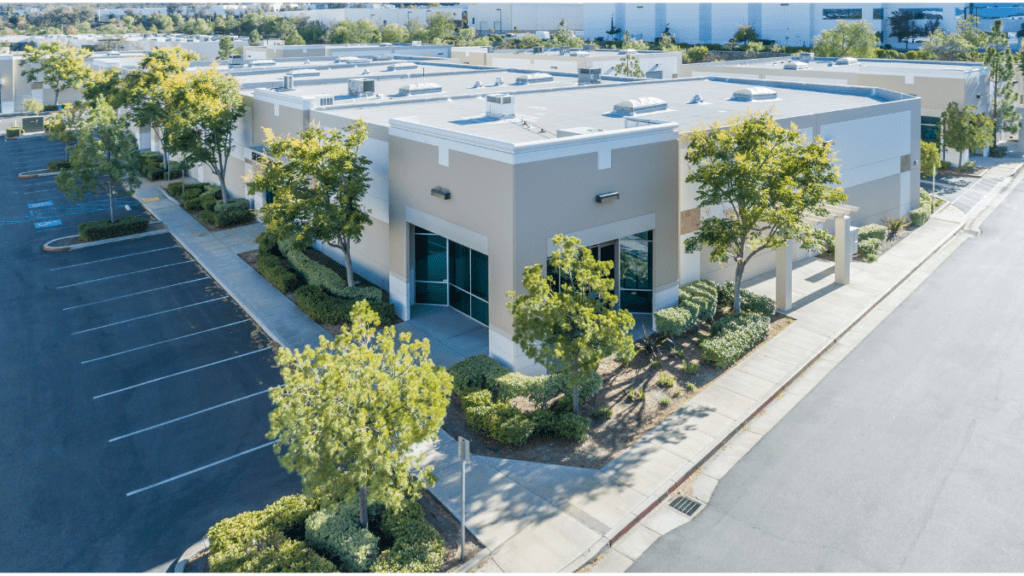



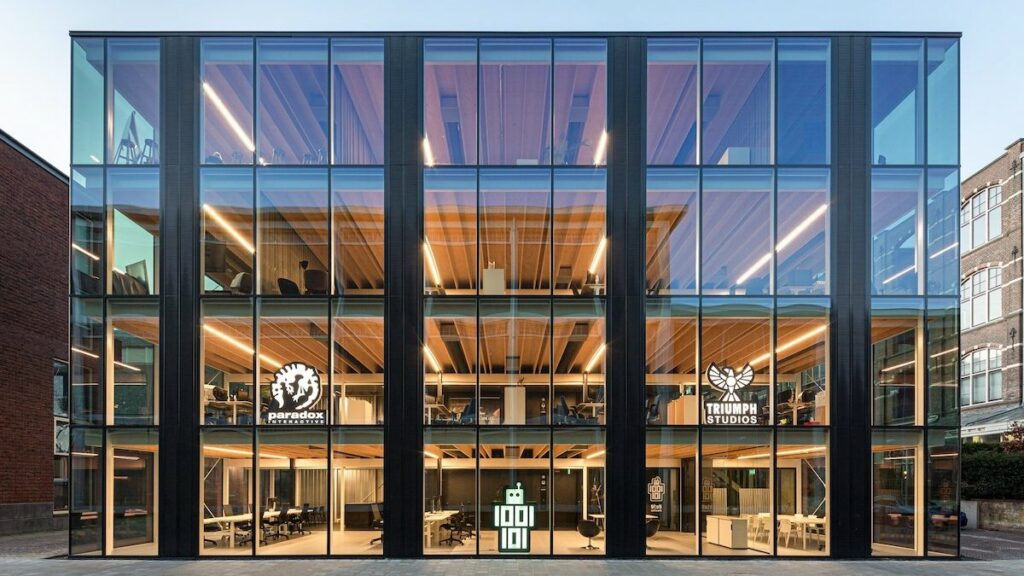

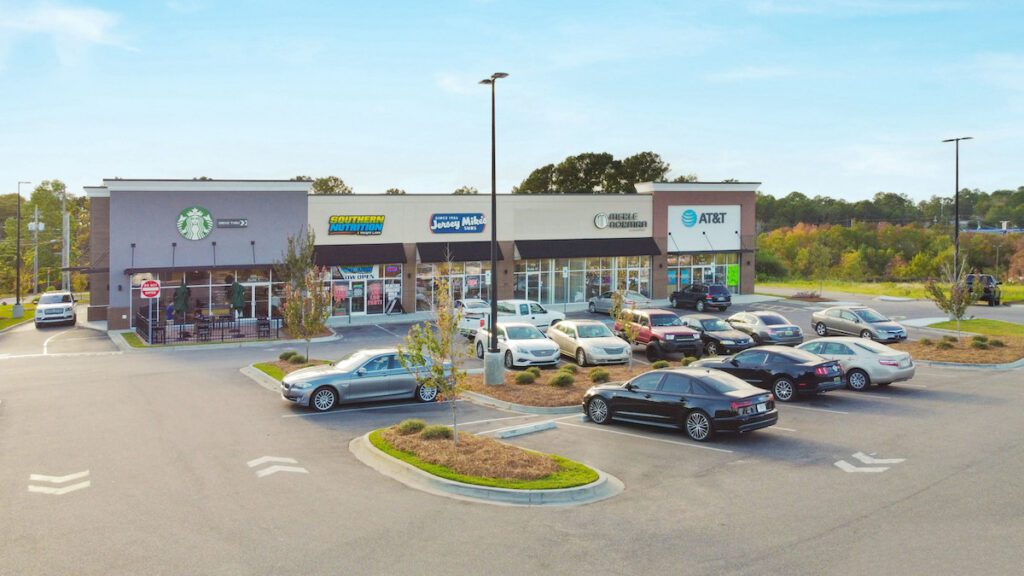

10 Common Commercial Property Management Services
Commercial property management companies provide many different types of services to help investors. While property management fees and services vary by company, their main goal is to handle all responsibilities for the property owner. Some companies provide “Partial Service Property Management”, (i.e. they just help with one or several aspects of management) with additional services being optional. Other companies provide “Full Service Property Management”, meaning that they take care of every action that would normally be taken care of by a self-managing landlord. Below we take a look at some of the most common services likely to be offered by a commercial property management company:
Maintenance
Depending if maintenance is the responsibility of the landlord or not, such as in a full service gross office lease, a commercial property manager would intake all maintenance requests directly from tenants and then coordinate repairs with respective technicians. In addition to handling tenant maintenance repair jobs, management companies also monitor overall property maintenance cost reporting and also plan for preventative maintenance jobs as needed. If the property has a parking lot or common area, management companies can contract a third party vendor such as a lot sweeper to regularly clean the parking lot or day porter to ensure common area restrooms are stocked and hallways swept. Furthermore, commercial property managers determine job specifications, obtain competitive bids, and oversee contracted work (such as building improvements or tenant improvement construction).
Rent Collection
Collecting rent and keeping record of all deposits, is a basic service provided by commercial property management firms. If a property has pass through charges such as CAM, Triple Net (NNN), or Operating Expense Increase, commercial property managers will calculate, bill, and collect these charges from tenants. In recent times, more and more commercial property managers are turning to property management softwares to facilitate rent collection and tenant account management. Many of these cloud based programs allow for tenants to pay online via ACH, view detailed account charges, and monitor their ledgers to track account balances.
Financial Reporting & Budgets
Keeping record of property income and expenses (i.e. receivables and payables) is of paramount importance for commercial property investors. Tracking these finances are done by ongoing financial reports generated for property owners. Common financial reports include Balance Sheets, Profit and Loss Statements (i.e. Income Statement), Accounts Payables, Accounts Receivables, and Rent Rolls. Management companies also provide value by performing forecasted financial planning such as budgets to ensure that properties remain well kept and profitable. Part of this planning sometimes requires performing a market rent analysis, anticipated building improvement jobs, and any other large capital expenditures forecasted for the year.
Leasing & Marketing
A very important service offered by commercial property management companies is their marketing programs that ensure successful lease up of a property. A comprehensive program may include utilizing essential rental real estate marketing tools such as listing the vacancy online (i.e. Loopnet, Crexi, or other commercial property leasing websites), printing brochures, and installing prominent leasing signage. Along with the marketing efforts, property managers or leasing agents will handle negotiations with prospective candidates, who are often represented by a commercial real estate broker. Scheduling tours, processing applications, checking financials, negotiating terms, and ultimately facilitating a signed lease agreement are all leasing and marketing services that can be done by a commercial property management company.
Lease Negotiation
Property management companies are usually responsible for negotiating all new tenant leases and lease renewals. Businesses are usually represented by a commercial real estate broker (i.e. Tenant Rep) who will try to negotiate the most favorable terms for their client. Negotiating with these brokers often requires a skilled counterpart to firmly negotiate back, but also close the deal. Most property management companies have designated personnel to handle negotiations. Alternatively, some commercial property management companies prefer to outsource this whole leasing process to third-party brokers (or commercial brokerages) and may also elect to have those parties directly handle all leasing activities such as the marketing efforts previously listed.
Tenant Relations
Professional property management companies are attentive to tenants’ needs and provide prompt responses to their concerns. Manager and tenant communication mediums can include phone calls, text messages, emails, letters, or direct-messages via a property management software system. Various personnel in the company are trained to help tenants with different types of requests, such as a property manager, a leasing agent, accounts payable personnel, accounts receivable personnel, maintenance technician, or legal counsel. Established commercial property management companies can also grow their presence by maintaining a positive reputation with tenants and generating positive referrals.
Tenant Turnover
Tenant turnover is a critical phase in commercial property management, involving several steps to smoothly transition from a vacating tenant to a new one. It begins with reconciling the departing tenant’s security deposit, which requires a thorough inspection of the premises to identify any damages beyond normal wear and tear that may warrant deductions. Once the account is settled and closed, the focus shifts to preparing the space for a new tenant, including any necessary repairs, cleaning, and possibly upgrades to make it market-ready. Efficient management of tenant turnover can minimize the time a property remains vacant, thereby maximizing rental income and return on investment.
Legal & Compliance
Handling lawsuits, evictions, or filing for debt collections are tasks that professional property management companies typically can easily take care of for property owners. Commercial properties come with significantly more compliance requirements than a small residential rental apartment; especially in specialized rental properties such as senior housing facilities and mobile home parks. Since commercial properties are generally intended for public interaction, this often means that there are more rules and laws applied to how the property should be. Things like elevators, fire & life safety systems, and ADA compliance all need regular checks to ensure compliance and might even require routine permits or inspections. Commercial management companies have the experience to ensure compliance with all respective agencies to ensure a safe and compliant rental property.
Vendor Management
Vendor management is a key component of commercial property management, involving the organization and supervision of various property service providers, including cleaners, landscapers, and maintenance personnel. This process ensures that all necessary services are performed efficiently and to a high standard, maintaining the property’s appearance and functionality. A property manager typically negotiates contracts, oversees quality of work, and manages the payment process. Effective vendor management can lead to cost savings, improved service quality, and a well-maintained property that attracts and retains tenants.
Utility Management
Utility management is a recurring vital task to oversee that involves monitoring and controlling the use and costs of utilities at the property such as water, electricity, and gas. By scrutinizing utility usage, property managers can identify patterns and potential inefficiencies, leading to strategies for conservation and cost reduction. This can involve implementing energy-efficient systems, educating tenants on usage, or renegotiating contracts with utility providers. Effective utility management can significantly impact the operating costs of a property, enhancing its profitability and sustainability.
Commercial Tenant Screening
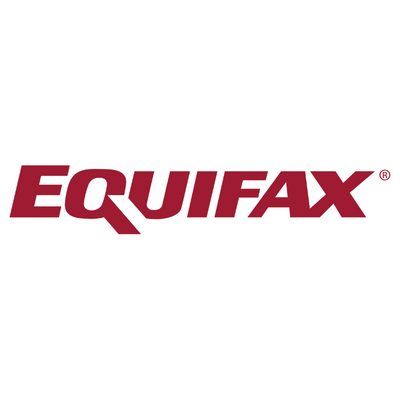





Since commercial tenants are primarily businesses, the rental property screening process is a little different from the typical residential rental process that most people are familiar with. The primary focus in the commercial tenant screening process is to qualify the business’s credit worthiness through applicant-supplied and third-party supplied documentation, as well as reach an agreement on the use, tenant improvements (if applicable), and lease language.
Commercial Property Management Software
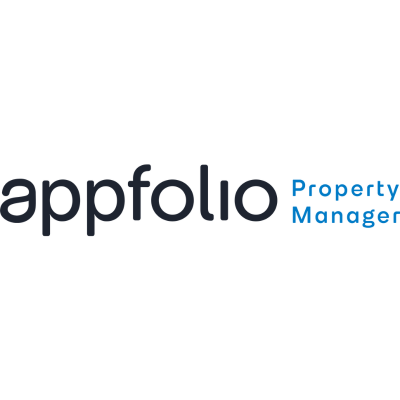





Commercial property management software helps property owners, property managers, and tenants handle various aspects of administration such as rent payment, scheduling property maintenance, and owner reporting. Due to the lease complexities and detailed expense tracking often found in commercial properties, the right software can bring great efficiency and financial benefits.
Commercial Property Management Fees
The fee to manage a commercial property can range between 6% and 10% of the rental income, depending on the size and complexity of the property. Contracts to manage commercial rental properties can be a variation of fixed fee, percentage of rent, or cost plus, where the property management company is paid a base rate plus a proportionate percentage of revenues. You want to make sure that the property management company provides full expense reporting, legal assistance for evictions, and has a professional staff to ensure you’re able to maximize the value you get from your commercial property.
Commercial Property Management Jobs
The world of commercial property management is very vast and so is the job opportunities for those interested in pursuing a career in the field. Below is a few of the most common commercial property management jobs:
The #1 Rental Property Newsletter
Once a month, we send out an exclusive Rental Property Market Update with top stories, current mortgage rates, building products, and more. No spam and unsubscribe anytime.


Commercial Property Management FAQ
What is the Difference Between Residential and Commercial Property Management?
While there are many similarities in both residential property management and commercial property management, there are also several key differences. Among the similarities, both types of property management oversee tasks such as sourcing and leasing to new tenants, handling maintenance requests, and rent collection. The differences arise in the nuanced characteristics of the property type.
This first main difference is the type of customer (i.e. tenant). Residential properties are leased to consumers in the form of individuals for the purpose of living in, whereas commercial rental properties are leased to business owners for the sole purpose of operating their business out of. Other differences that a commercial property manager may face is having to reconcile Triple Net (NNN) rent charges, negotiate complex long-term leases with commercial real estate brokers, source vendors to repair large mechanical systems (e.g. elevators, HVAC), and various other types of types of responsibilities that would only be found on a commercial property type.
How is Rent Price Determined for Commercial Properties?


In commercial real estate, the price of rent for a is usually based on the property’s size, location, and current comparable market rates. Other factors can include the property’s condition, tenant’s business type, and lease length. Commercial property managers aim for the equilibrium of getting the highest amount, while remaining competitive among competing properties.
Are Property Management and Asset Management the Same?
In the realm of commercial real estate, property management and asset management are two distinct but interconnected fields.
Property management is primarily concerned with the day-to-day operations of a property. This includes tasks such as managing tenants, collecting rent, overseeing maintenance and repairs, and ensuring the property complies with laws and regulations. A property manager’s primary goal is to ensure the smooth operation of the property and to maintain its current value.
Asset management, on the other hand, takes a higher-level, strategic view, which can be seen among employees at some of the largest commercial real estate companies. An asset manager’s role involves making decisions that will increase the property’s long-term value and return on investment. This can include determining the best time to buy or sell properties, managing the property portfolio to diversify risk, planning for capital improvements, and strategically positioning the property within the market to maximize income.
About the Author


Ryan Nelson
I’m an investor, real estate developer, and property manager with hands-on experience in all types of real estate from single family homes up to hundreds of thousands of square feet of commercial real estate. RentalRealEstate is my mission to create the ultimate real estate investor platform for expert resources, reviews and tools. Learn more about my story.










